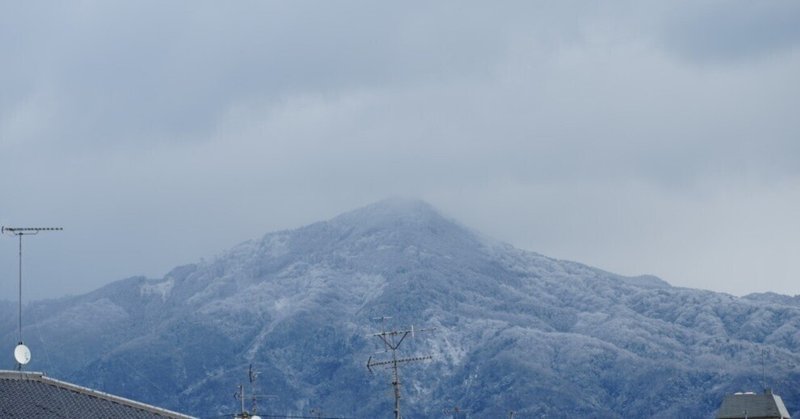
I cannot discuss the contents of these reports because they are confidential, but I did notice something during my research: the Chinese are afraid of a recession.
The following is from E. Luttwak's serial column that appeared at the beginning of the monthly magazine, Hanada, which arrived at myhome yesterday.
It is a must-read not only for the people of Japan but for people all over the world.
Fear! Xi Jinping's "China Surprise"
I regularly submit "China Reports" to the U.S. Department of Defense (DOD) and recently sent one.
I cannot discuss the contents of these reports because they are confidential, but I did notice something during my research: the Chinese are afraid of a recession.
Many indicators tell us what is really going on in China.
For example, exports to China of cutting-edge semiconductor chips made by U.S. semiconductor giant NVIDIA are almost entirely prohibited, except for low-performance chips used in children's toys, which has caused considerable damage to Chinese companies.
However, the most extensive damage to China is the rising unemployment rate and the increasing number of young people unable to find work.
The Beijing government evidences has stopped publishing unemployment figures since July last year.
Many Chinese recognize that the worsening of the situation has been caused by China's actions, i.e., that it is not the U.S. or Europe that is to blame but China itself, which has hardened its assertiveness and attitude.
The Beijing government often tells its people that "the Chinese must be tough," and Chinese television now frequently broadcasts scenes of People's Liberation Army fighter jets scrambling to push back U.S. military aircraft that have invaded its airspace.
The message is that China is pushing back strongly against foreign powers.
But the Chinese know that they are pushing back against other countries, and as a result, they are causing a backlash; in other words, they know that their foreign relations are deteriorating.
On the other hand, there is something they do not understand at all.
That is the reason for the resignation of government officials.
People lose all kinds of things. People lose handkerchiefs and wallets every day.
But the Beijing government is suddenly "losing" its foreign minister and defense minister.
Moreover, even though this has happened frequently over the past few years, the public has never been informed of the reasons or the actual situation.
In China, arrests on suspicion of corruption are common, but corruption arrests in China do not make any sense.
It is because Xi Jinping has a personal "corruption police" separate from official law enforcement agencies such as the State Security Ministry and Public Security, which conduct counterintelligence, and they arrest anyone, anywhere, anytime for "corruption."
Foreign governments would at least want to know why if their counterparts suddenly disappear.
But no government in any country knows what is going on.
No one knows exactly how things work within the Beijing government.
But there are hints.
"We must follow Xi Jinping's ideology."
When we read the speeches of the Politburo Standing Committee members, we find that this is the only thing they say.
No one in the regime can express an opinion to Xi Jinping, and "Mao Zedong mode" is in full swing.
In other words, it can be seen that there is only one "brain" in China.
At the end of last year, he newly appointed former naval commander Dongjun as Minister of National Defense, but we can only assume that he has been summoned and given orders in secret.
When we saw Dongjun in the media, we could not see his motivation at all, and we could see his expression that he was forced to do something he did not want to do.
From the gloomy expression on his face, it seems that Xi Jinping must have given him an impossible task, such as "We must show that the Chinese people really are a people who can fight" while holding up the "restoration of the People's Liberation Army."
It was very impressive that Dong Jun was asked by journalists at a press conference, "If a military conflict were to take place between the U.S. and China," he replied, "It would be a catastrophe."
The administration had yet to brief him himself, as he had just assumed the position of Minister of Defense. Still, his answer was thought-provoking, considering that he is actually the "Minister of War," although his position is Minister of Defense.
A typical defense minister in a normal country would actively promote his ability to carry out war by saying, "Our military is ready for war." Still, he repeated repeatedly, "It will be a significant disaster."
His facial expressions and remarks were pessimistic in every way.
The same pessimism was seen in the face of Wang Yi, who has returned to his post as Minister of Foreign Affairs.
At a press conference after his return from the U.S., Wang Yi was also gloomy from start to finish.
It was a dark look that symbolized the distortions in China.
No one can foresee the developments within the Beijing government, and the whole world is under the threat of a "China Surprise" by Xi Jinping.
The decision-making process of one of the world's two leading powers is being controlled by the emotions and moods in the head of one individual, Xi Jinping, with no one inside or outside the government being able to see it.
There is no more significant threat to the world than this.

この記事が気に入ったらサポートをしてみませんか?
